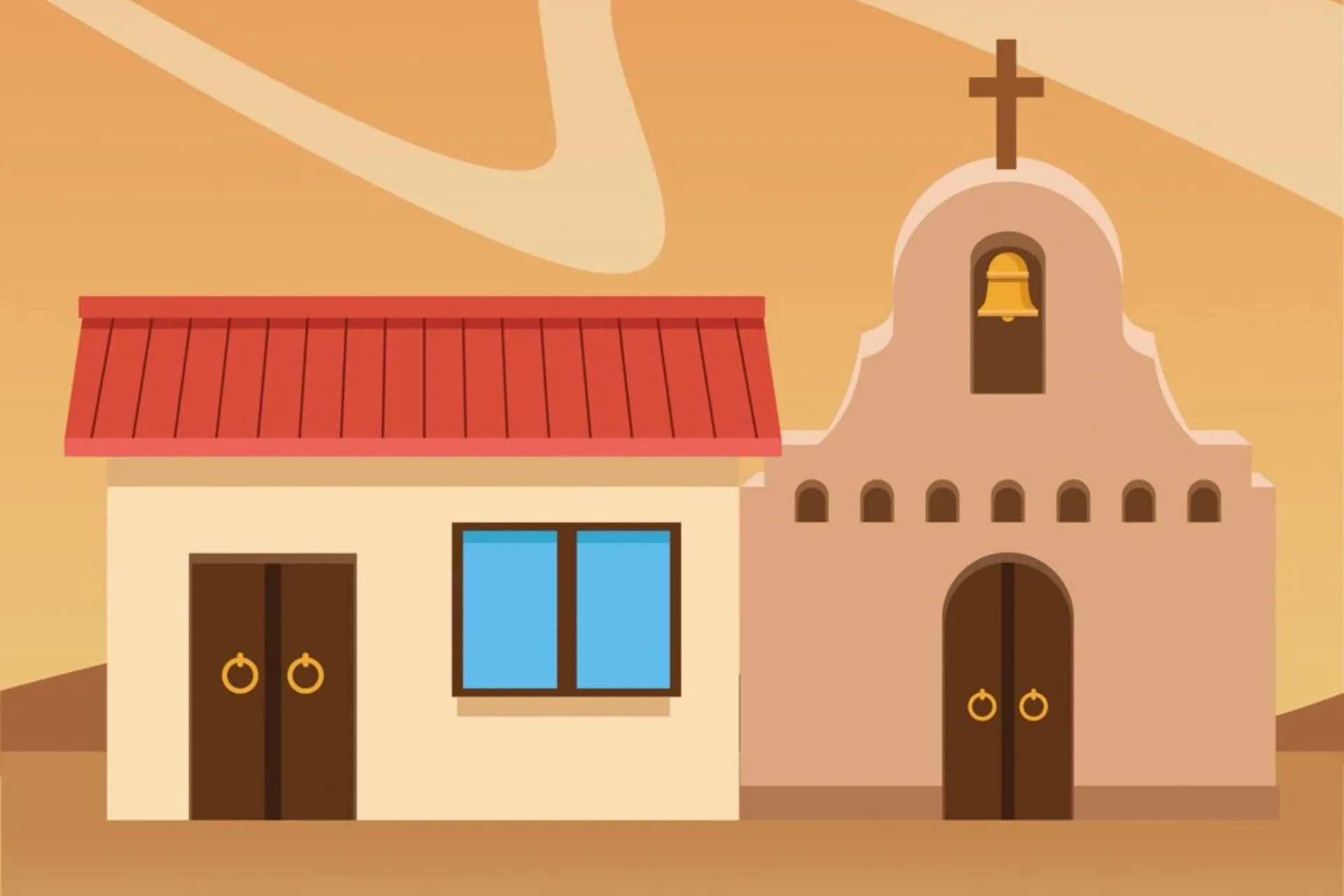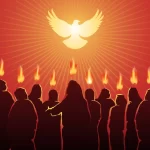The COVID pandemic has given us a front-row seat to sickness, suffering, and death. The national and global news showed that even in the biggest cities of India crematoriums and burial grounds were unable to keep up. Indian Christians in urban churches lost family members and friends. Unemployment and salary cuts compounded the suffering. The sting of loneliness and isolation hit many through repeated lockdowns. With all these challenges, the urban church could not simply go on with “business as usual”. Sunday services with well-crafted sermons, a tight band leading songs, and engaging Sunday School sessions are good things, but is there more to what it means to be the body of Christ in a city?
Grappling with this question helps us rediscover all that the church of Jesus should be. It gives us seeds of hope for the church and the cities we are placed in.
Rediscovering the Local Church
The Bible describes the church, a community of believers, with images that are vibrant and pulsing with life. In Matthew 5, Jesus describes believers as “salt” and the “light of the world”. We are a “city set on a hill”. We are the body (Col 1:18) and bride of Christ (Romans 12:4, 5), working together, and pointing to our Saviour.
The pandemic pushed Christians to look beyond our own interests. A few Christians partnered with fellow citizens for the common good … often the selfless acts of these Samaritans reminded us of our own heritage of sacrificial service to others.
Even the Greek term ecclesia that the New Testament authors chose for “church” has a missional and other-oriented significance. In the Greco-Roman context, the ecclesia was “one of the key bodies of the Athenian democracy, operated as legislature, judiciary, and executive”. The assembly or ecclesia in Athens had 40,000 members and met 40–50 times a year to discuss and deliberate an entire range of issues that affected public and private life. It was an assembly of people that were called out to seek the common good of others, especially the city. We see this kind of civic assembly meeting in Acts 19:32–41.
So, the church is meant to be devoted to the only God of the Universe and to be involved in the welfare of their cities and neighbourhoods. Over the past two years, many would argue that the local church is rediscovering its biblical foundations and fixing priorities, stirred by the pandemic.
More Than Sunday
“If one member suffers, all suffer together.” (1 Cor 12:26)
With people in the church family suffering from COVID-19 and having lost loved ones, the local church had to be more than a Sunday service. COVID-19 helped draw out the love of Christ that was preached from pulpits into conversations over the phone and grace-fuelled service for fellow believers.
Funerals of loved ones were organised and attended by a few in the community. When families tested COVID-19 positive and struggled with the day-to-day, meals were cooked in love and delivered to them. As people lost jobs and had to wait several months for work, the church family prayed, encouraged, and gave generously to each other.
Embracing the Gifts of Common Grace
Every generous act of giving, with every perfect gift, is from above, coming down from the Father of lights, with whom there is no variation or shadow due to change. Jas 1:17
Without a doubt, “Zoom” is on the top-10 list of things Christians are thankful for! Thanks to technology people could still gather, pray, and worship Christ in some form. Further, critical medicines and meals were sent across the city by app-based delivery services. Between Zoom and Zomato, we relied on tech to help ourselves and others.
Collaboration between Christians of different tribes, and between Christians and friends of other faiths, could stir movements that bring transformation and renewal to our cities.
But it’s not just tech that helped. It was fellow citizens from other faiths or of no faith who served us. Strangers donated blood and plasma for those in need. Doctors and nurses risked their own lives for ours. The neighbour who we had hardly spoken to suddenly checked in and shared meals with us.
Together for the City
But seek the welfare of the city where I have sent you into exile, and pray to the Lord on its behalf, for in its welfare you will find your welfare. (Jer 29:7)
The pandemic pushed Christians to look beyond our own interests. A few Christians partnered with fellow citizens for the common good. They joined Muslims, Sikhs, and people of other faiths to arrange hospital beds and oxygen cylinders for those desperately in need. They volunteered together at call centres and helplines. They assisted with burials and funerals so that fellow image-bearers were honoured.
Often the selfless acts of these Samaritans reminded us of our own heritage of sacrificial service to others. The words of Dionysius, who was Bishop of Alexandria in the third century, describe Christian love and service during a deadly plague.
Most of our brother-Christians showed unbounded love and loyalty, never sparing themselves and thinking only of one another. Heedless of the danger, they took charge of the sick, attending to their every need and ministering to them in Christ, and with them departed this life serenely happy; for they were infected by others with the disease, drawing on themselves the sickness of their neighbours and cheerfully accepting their pains.
COVID-19 also stirred Christians of different traditions to work together for the good of their cities. The pandemic showed us that we had more in common than our disagreements. Christians came together to raise funds for meals and provide necessities for lower-income workers. We experienced what collaboration could look like as stewards and ambassadors of God’s Kingdom.
The Road Ahead
Was there more that could have been done over the past two years? Absolutely. But seeds of change have been planted. It’s exciting to imagine all that is possible if these new instincts persist. A holistic view of life and worship would point to the Lordship of Christ throughout the week. Embracing the gifts of common grace would help further the gospel in word and action. Collaboration between Christians of different tribes, and between Christians and friends of other faiths, could stir movements that bring transformation and renewal to our cities. Things won’t be perfect but our actions would reveal our trust in Jesus and the new city he has for us (Rev 2).






